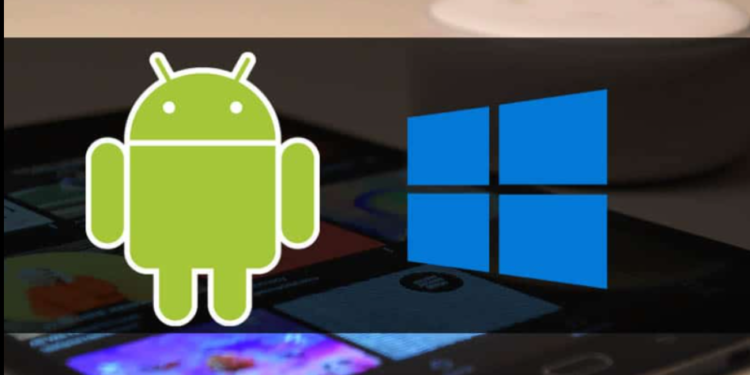By Scott Roeben
-
A Side-by-Side Comparison of Android and Windows Tablets
-
Which is Better: Android Tablet or Windows Tablet
-
The Pros and Cons of Owning an Android or Windows Tablet
-
What To Consider When Choosing Between An Android or a Windows Tablet
-
How to Choose the Best Operating System for Your Needs
-
Tips on Buying the Right Model of Android or Windows Tablet
-
Common Mistakes When Shopping for a New Tablet
-
Final Thoughts on Deciding Between an Android and a Windows Tablet
A Side-by-Side Comparison of Android and Windows Tablets
Tablets and laptops are becoming more and more popular due to their portability and productivity on-the-go. They are versatile and can be used for various activities such as educational assignments, streaming movies, gaming, and more. The more you use them, the more convenient they become.
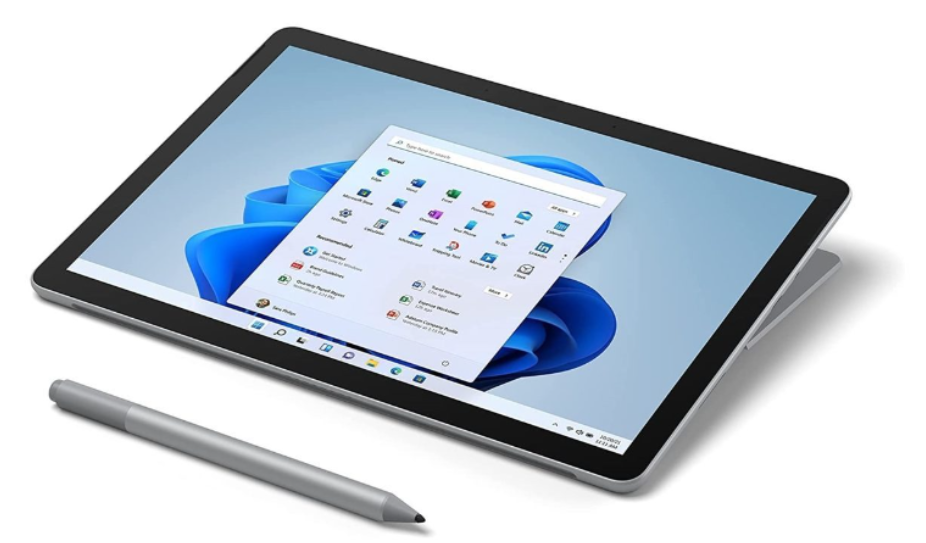
It great to see that portable PCs are improving constantly. Each tablet has its own unique style and features, like any other tech gadget. But, when choosing a tablet based on the operating system, there are only two options.
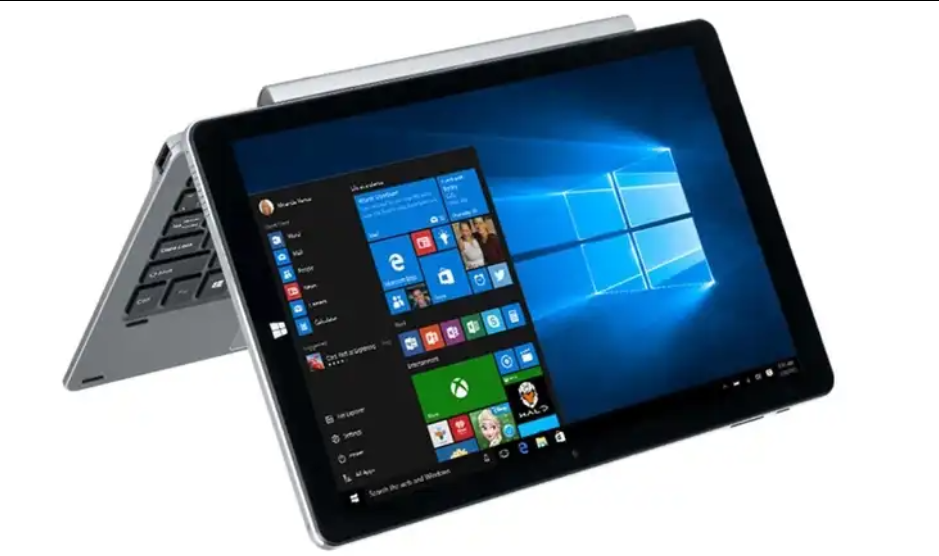
This article aims to help you choose between Android and Windows tablets by providing information about their respective advantages and disadvantages. Both technologies are major competitors in the tablet market, and we will focus specifically on the UK, American and Indian markets where consumers have a desire to play online casino real money India but no good devices to do so.
Which is Better: Android Tablet or Windows Tablet
Android tablets are devices that use the Android operating system, which is owned by Google. Android is a Linux-based operating system that became popular for smartphones soon after its launch in 2008. It is known for its flexible interface, robust security, and many free apps. In 2011, the first Android tablet was launched, and since then, the popularity of Android tablets has steadily grown. They are recommended mainly for casual use and are widely used today. There are many free apps available on the Google Play Store that serve a variety of purposes.
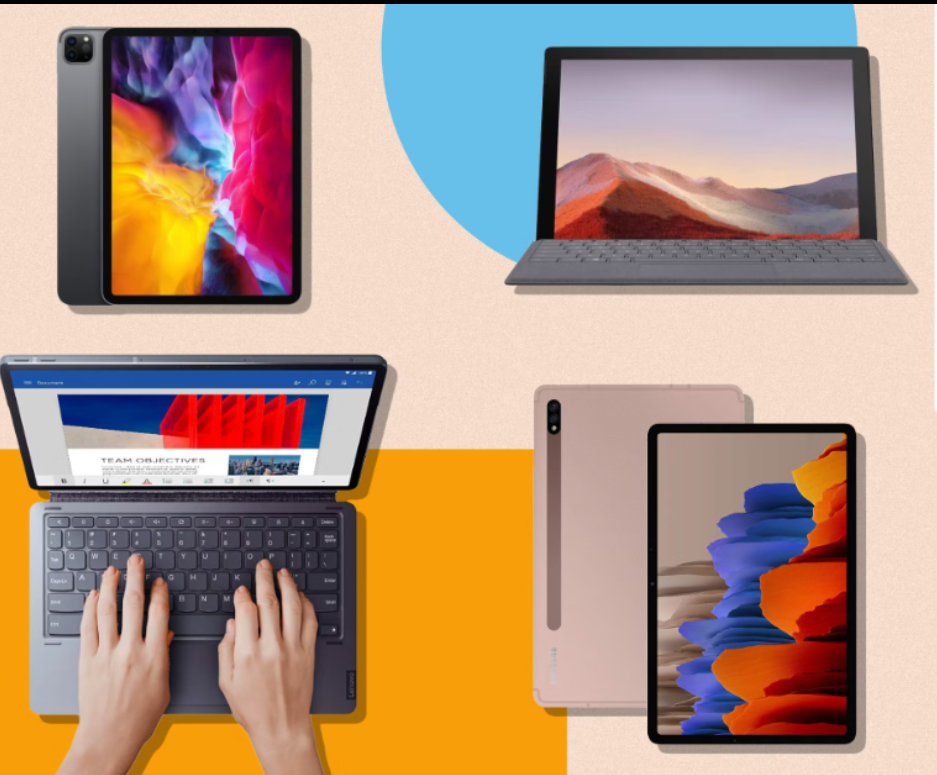
Microsoft Windows was first made in 1985. It was designed to work with MS-DOS. In the last 36 years, it has improved a lot. It is used for desktop computers and laptops. However, recent updates now enable it to run smoothly on touchscreen devices, including tablets. People all over the world use Microsoft to help them do their jobs. It helps them finish tasks quickly and easily.
Android Tablets Features:
Android tablets offer ease of use and access to various functionalities through different apps. Even without a SIM card, you can fully utilize the operating system similar to smartphones. Some key advantages of Android tablets include:
The Pros and Cons of Owning an Android or Windows Tablet
Android tablets offer flagship features at affordable prices, surpassing other tablet options. Even inexpensive Android tablets provide intuitive features that are comparable with expensive iPads. The low price of Android tablets doesn’t limit their capability to offer cutting-edge functions. Android tablets are accessible to society’s most deprived areas due to their price.
Customization
Android operating systems are known for their flexibility and are popular worldwide. With Android OS, you can customize the Google platform to suit your requirements. This may include changing the theme or widgets. Android tablets are a great way to get the things you need. You can buy them from big brands or smaller ones. They let you change your tablet to fit what you need it for. It’s a good decision to invest in an Android tablet.
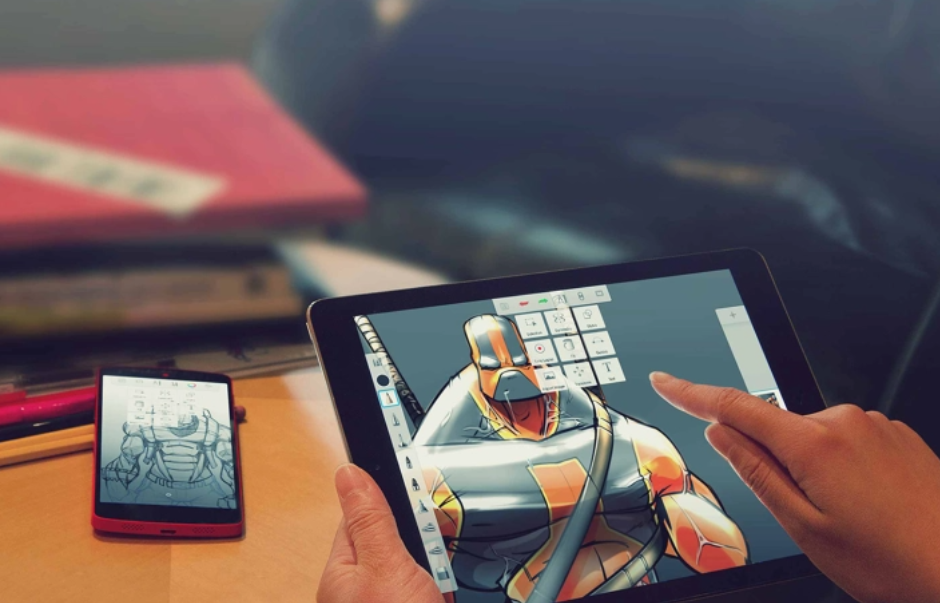
If you like experimenting with new apps that have unique features, you might want to think about getting an Android tablet. An Android device gives you access to many interactive apps on the free Google Play Store. If you are passionate about gaming, an Android device could be a suitable choice. That’s because the Play Store for Android offers a wide range of games that are meant to enhance your gaming experience.
Windows Tablets Features
Windows Tablets are powered by Microsoft’s operating system and provide support for all its productive features. They offer a wide range of entertainment options including movies, TV shows and games. Furthermore, they come with a range of accessories such as keyboards, styluses and docking stations that enable you to use your device to the fullest extent. The key benefits of using Windows Tablets are:
What To Consider When Choosing Between An Android or a Windows Tablet
Windows tablets offer enterprise-grade encryption algorithms that safeguard all the data stored within the device. The encryption guarantees that confidential data is always secured and kept away from unauthorized users. In addition to these encryption features, the tablets come with built-in antivirus software to protect against malicious attacks. Microsoft frequently releases security patches to reinforce the security of Windows devices from new threats. In addition, Windows machines have a data loss prevention feature that helps secure your data. This feature prevents sensitive information from being sent over networks or the internet.
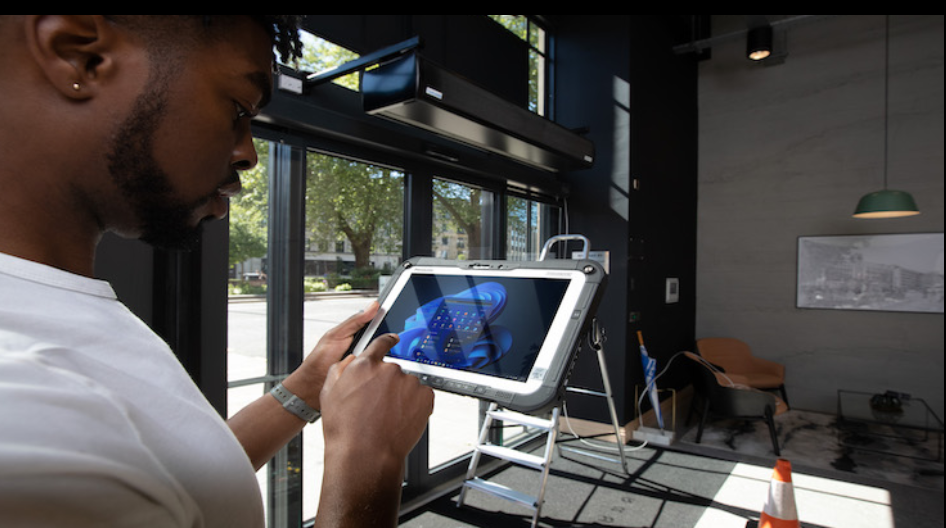
Windows tablets are good for both home and business use. They are easy to customize so that they work best for you. You can even change the way it looks. These tablets offer almost all of the features of a full computer, but in a smaller size. So you can get things done while you travel or go places. Businesses really like Windows tablets because they can easily upgrade them to fit their needs as they change over time.
How to Choose the Best Operating System for Your Needs
Windows tablets are highly recommended for students as they are lightweight and portable, making them easy to carry between classes and other locations. Their high portability makes it convenient for students to access their work quickly. Additionally, these tablets feature a state-of-the-art operating system that offers smooth user experience during use. These machines can effortlessly run demanding programs like Adobe Creative Suite and Microsoft Office, thanks to their competitive hardware. Additionally, the touch-screen-friendly features of Windows tab simplify navigation through webpages, documents, and programs.
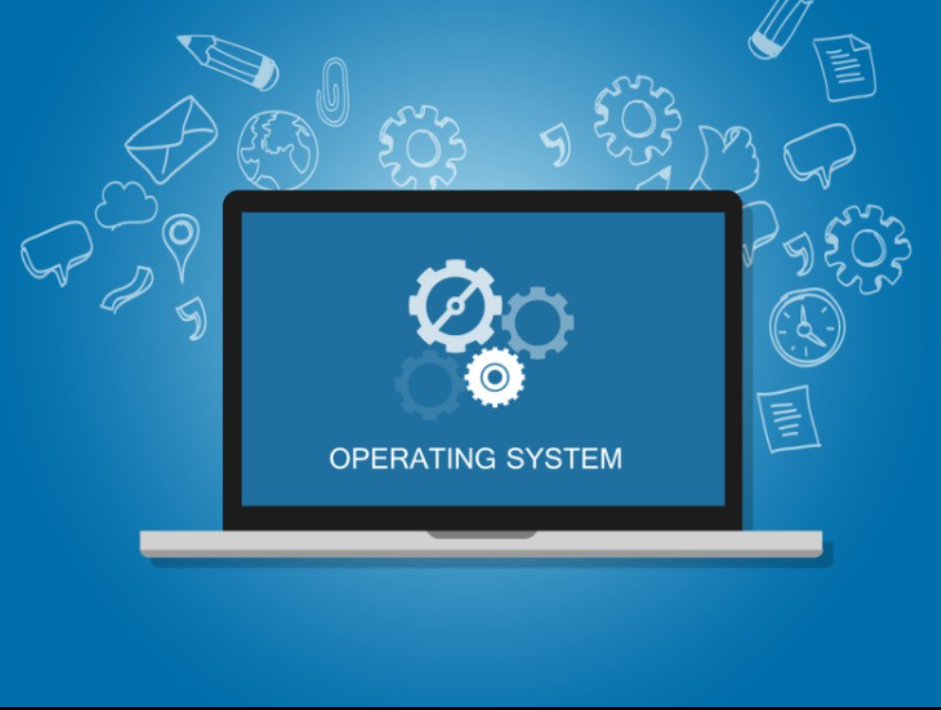
Choosing between an Android tablet and a Windows tablet can be challenging due to factors such as price, features, and user experience. In this message, we will compare the pros and cons of both operating systems to help you decide which one is best for you.
When it comes to storage space, Windows tablets have an advantage over Android tablets. A new Windows tablet comes with at least 64 GB of storage, which is significantly more than the standard 16 GB that often comes with Android tablets. Even lower-end Windows tablets usually have more storage space than higher-end Android tablets.
One possible way to rewrite the message could be:
“Android tablets of higher cost usually offer larger internal storage capacities, although the exact amount may vary depending on the specific model. Conversely, Windows tablets tend to have more uniform storage options compared to Android tablets.”
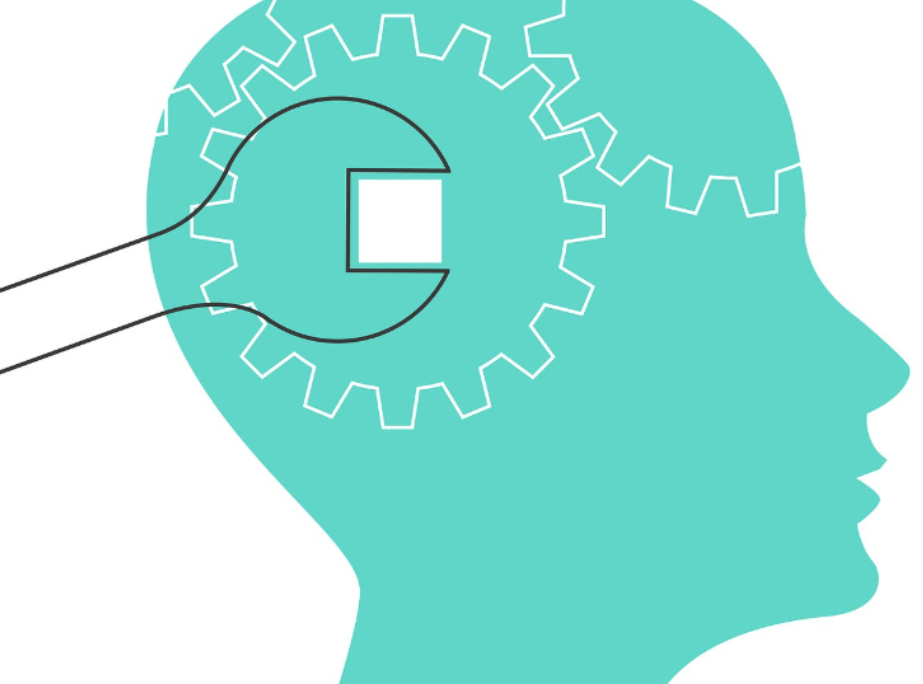
If you purchase a Windows tablet now, you will get the same storage space as someone buying a Windows tablet in the future, even if the technology advances. However, some Android device manufacturers intentionally reduce the storage space available on their products, meaning that if you buy an Android tablet, you might end up with less storage space in a few years.
Tips on Buying the Right Model of Android or Windows Tablet
Windows tablets are generally more affordable than Android tablets due to the established nature of the Windows operating system. Manufacturers can save on production costs, and this translates to lower prices for consumers. Some Windows tablets are available for less than $100, which is a great deal for a device with tablet-level capabilities. Although Android tablets also offer competitive prices, Windows tablets are generally more cost-effective.

Most Android tablets are priced under $200 and are meant to be more cost-effective for consumers in the long run. While Android manufacturers don’t typically charge for updates, you might eventually have to spend hundreds of dollars to keep your device up-to-date. On the other hand, Windows tablets are certain to receive updates as long as the device is being used.
Regarding Compatibility
Windows tablets are built to operate with Windows OS, which means they are compatible with one another. This simplifies the process of switching to a new Windows tablet if needed. Furthermore, Windows tablets are completely compatible with Windows laptops. This allows for easy transfer of files and use between the two devices.
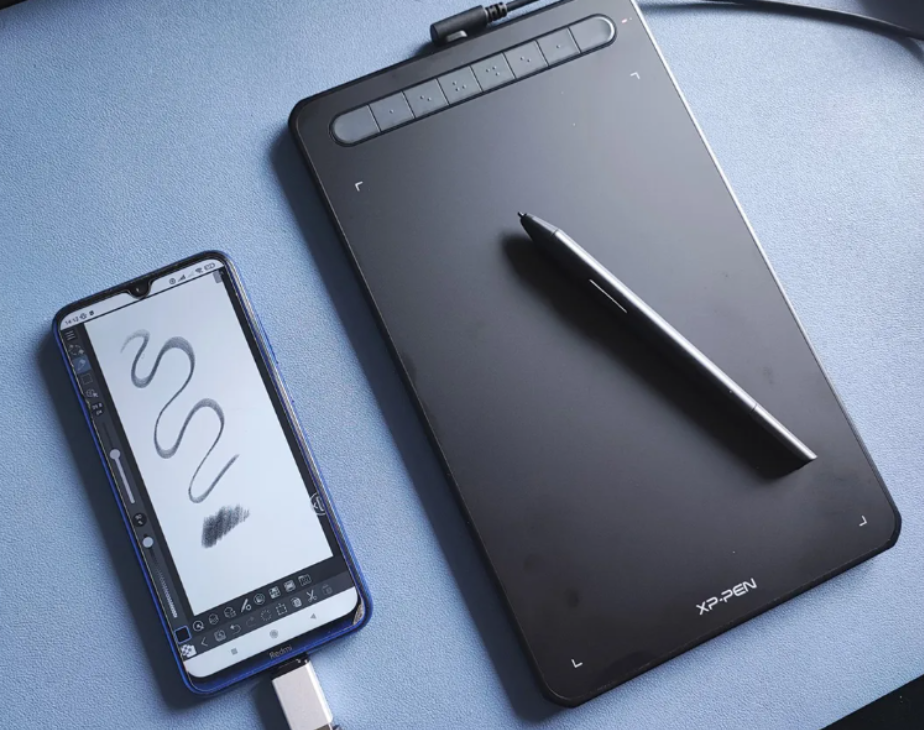
If you choose to purchase an Android tablet, switching to a different device may be more challenging. This is because Android is an operating system that works with a variety of devices, making it difficult to ensure full compatibility with other Android devices. Additionally, some Android devices are designed to work best with a specific brand of tablet, which may result in limited compatibility with other Android tablet brands.
Final Thoughts on Deciding Between an Android and a Windows Tablet
Windows tablets have longer battery life because they are designed to work exclusively with Windows, resulting in efficient performance. On the other hand, although Android tablets are also optimized for better battery life, they are programmed to work with various brands and models of Android devices, which means that most Android tablets may not have the best battery life.
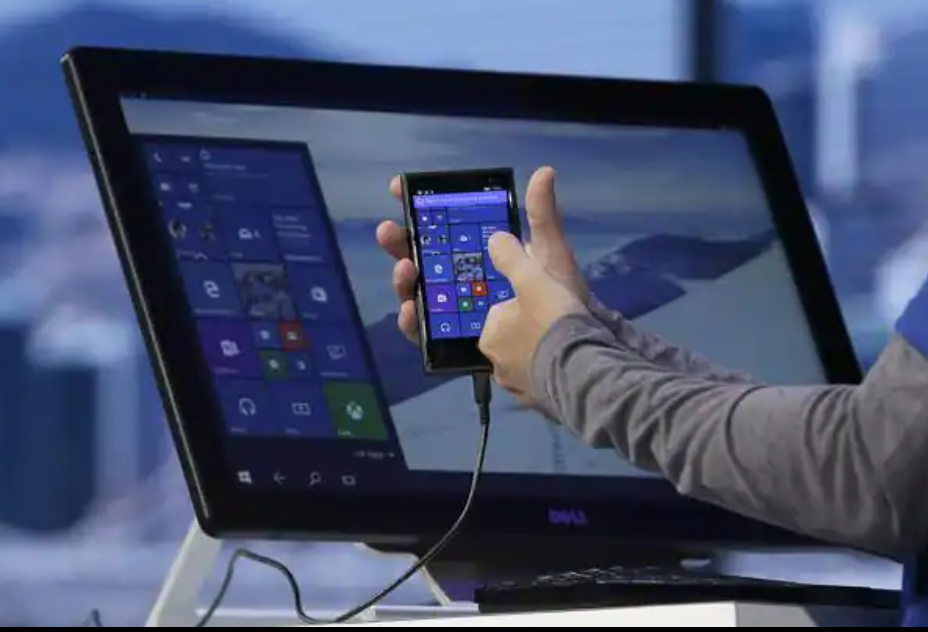
The battery life of Android tablets and Windows tablets is typically similar. However, there is a slight chance that an Android tablet may have lower battery life because it is made to work with a wide range of devices. Additionally, Windows tablets offer greater device efficiency through keyboard shortcuts and other features.
Windows tablets have an advantage over Android tablets in terms of security
This is because Windows is a more established operating system with stronger capabilities to combat viruses, malware, and other cyber threats. On the other hand, Android is a newer operating system that is still under development, making it less equipped to handle cyber threats.
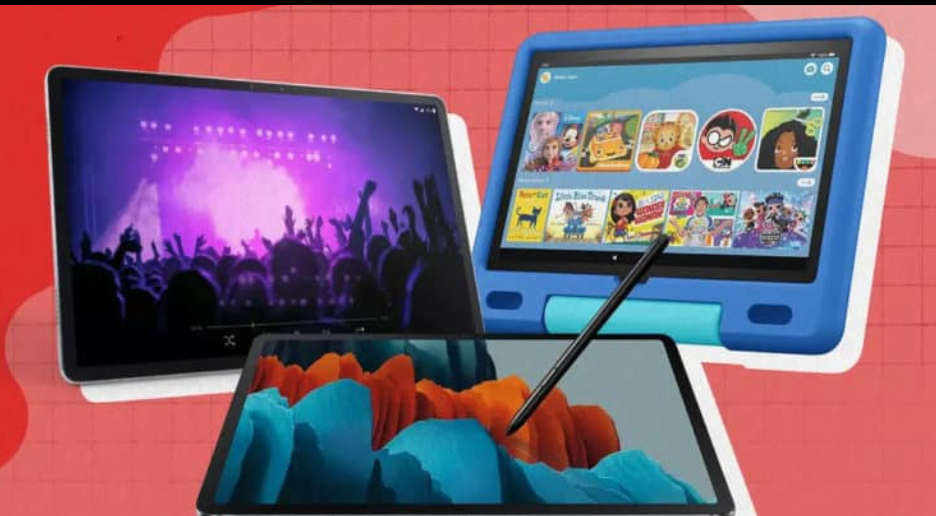
In contrast, Android is an open-source operating system that allows users to customize their system, resulting in compatibility with a wide range of devices. Conversely, it also means that Android users have less device control when compared to Windows tablet users. With Windows tablets, you can trust that they are regularly monitored and updated to protect against cybersecurity threats.
The advantage of Windows tablets over Android tablets is in terms of user experience
Due to their design to integrate with Windows 10, they operate efficiently and quickly. Consequently, you can perform your desired tasks more effectively and faster on Windows tablets than on Android tablets. Therefore, Windows tablets are a more suitable option for people who require their devices for work or for multipurpose uses.
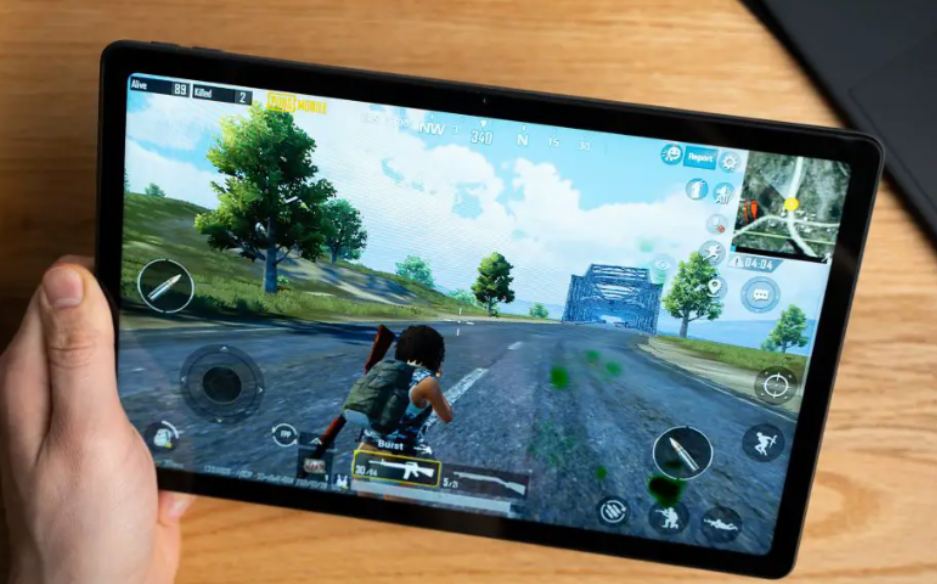
Although Android tablets can be used with any Android device, manufacturers have more flexibility in designing their own devices. This makes Android tablets highly versatile but not as streamlined as Windows tablets. Moreover, Android tablets are reputed to be slower than Windows tablets, with many users reporting performance issues compared to their Windows counterparts.
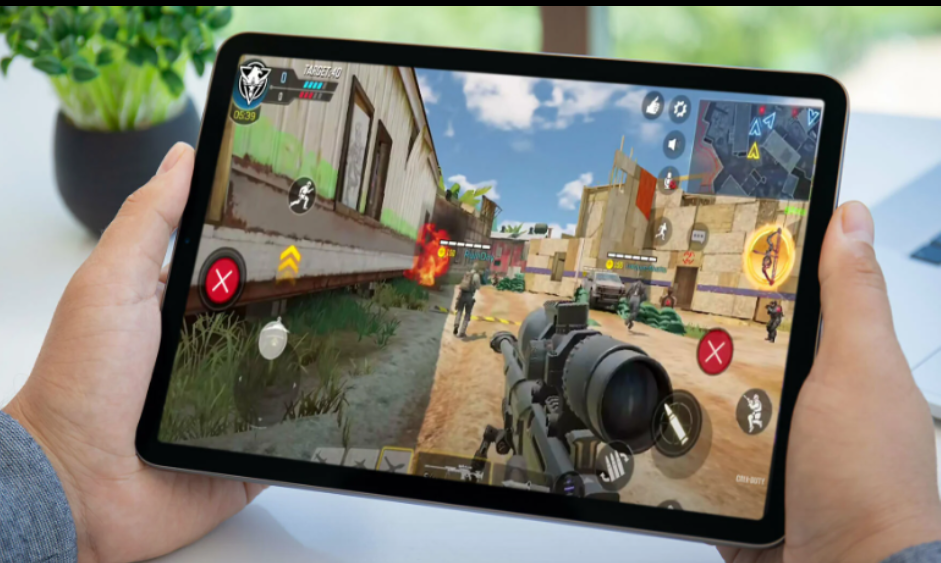
This article compares Windows tablets and Android tablets to help you decide which one to choose. Though both have similarities, there are significant differences in areas such as compatibility, storage capacity, and cost. When making a choice, it is necessary to consider the intended use of the device. If you prioritize having a wide range of apps and high security, then you should go for Windows tablets. But if you want a more flexible device, then an Android tablet would be the better choice for you.
Do you have a story in your community or an opinion to share with us: Email us at editorial@watchdoguganda.com

